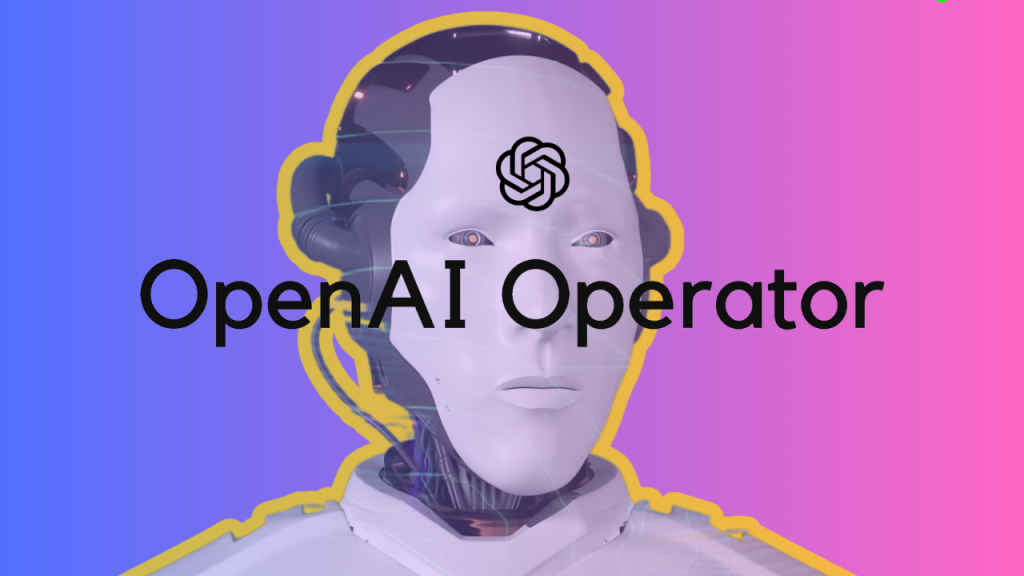OpenAI’s PhD-research AI agent for $20000 a month: Future of work or AI hype?

In the latest buzz on how fast technology’s transforming our day-to-day grind, OpenAI’s planning to launch a whole host of advanced “AI agents”. These new offerings won’t look much like the ChatGPT Free or Plus we’ve come to rely on for quick Q&A. Instead, OpenAI is taking AI to new extremes with specialized agents having specialized skill sets, according to The Information.
Not to be confused with the ‘Deep Research’ feature OpenAI launched earlier in February 2025, which is an AI-driven tool that empowers ChatGPT to perform extensive research and deep-dive into a topic much better than your garden variety of ChatGPT response. With these upcoming specialized AI agents, we’re talking about an agent for “high-income knowledge workers” at around $2,000 a month, a developer-specific bot priced near $10,000 a month, and a show-stopping $20,000-a-month “PhD-level research” agent – roughly the yearly salary of some real PhDs out there. That’s not just a steep price tag, it’s a statement of clear intent from OpenAI. If you want elite AI for high-stakes tasks, get ready to spend big.
OpenAI’s new elite AI agents are super expensive
Let’s entertain the idea that an AI agent truly does the heavy lifting on an entire software cycle, or helps a data analyst churn out insights that ordinarily require a team of six. If those gains are real, a $10,000 monthly outlay might be peanuts for a well-funded startup or Fortune 500 company. That’s especially true if the agent can handle specialized tasks that free up human experts for more creative, strategic work.
Also read: OpenAI launches Operator: How will this AI agent impact the industry?

If these specialized AI agents truly deliver on their promise, we’re talking about an AI that’s not just automating mundane tasks, but stepping into territory once reserved for skilled professionals. That’s the deeper conversation that we will need to have, eventually. If a $20,000-a-month AI agent can replicate or augment the output of multiple PhD researchers, does that mean fewer entry-level roles, or a fundamental change in how we approach research?
We’re all pretty familiar with ChatGPT Free – millions of us have tried it, mostly for fun or light productivity. Some of us even pay for ChatGPT Plus to skip the lines and get faster response times. That’s mainstream. But these new top-tier agents? They’re not about chit-chat or generating a quick outline for your next blog. They’re engineered for hyper-focused roles, from sifting through giant data sets for sales leads to delivering advanced code assistance or even performing what used to be considered “expert-level” research tasks.
Also read: OpenAI launches ChatGPT DeepResearch – 5 things you need to know
I’ve long believed that AI is as much about complementing human talent as replacing certain tasks. But with price tags this steep, we might see top-tier employers quietly downsizing entire departments, swapping them for a single AI subscription. Then again, it might also be that these AI agents are best used alongside humans, bridging gaps in knowledge so humans can focus on the intangible work that AI can’t replicate.
More than just an AI chatbot
The immediate question is: Why the crazy prices? Part of it, I suspect, is OpenAI capitalizing on the hype while it’s still hot. Another part reflects the cost of error in these specialized zones. If an AI agent can save an investment bank millions by accurately parsing financial statements or feeding a biotech firm real-time gene-editing data, the monthly fee might seem trivial.
Still, it feels jarring. The typical ChatGPT user never imagined a version that costs more than buying an SUV or small house. Are we witnessing an AI arms race where only the top 1% of companies can play?
Also read: AI agents explained: Why OpenAI, Google and Microsoft are building smarter AI agents

Not so fast, because we’ve seen this movie before with the evolution of tech over the years. Every new wave of tech often starts with big, expensive solutions for big, expensive problems. Mainframes in the 1960s, for instance, or enterprise-level solutions in the 2000s. Over time, the cost plummets, the tools democratize, and everyday businesses – eventually even individuals – get on board. Which makes me wonder, are these $10,000 or $20,000 monthly price tags a footnote in history, or the start of a long-term stratification of AI access?
Because, let’s be real, plenty of organizations can’t casually drop five figures monthly on an AI subscription. Small and mid-sized players might still rely on ChatGPT’s free or modestly priced Plus variant, missing out on the top-shelf capabilities. The result might be a deeper digital divide – cutting-edge AI for the well-funded and a simpler tool for everyone else.
Regardless, it’s clear these new specialized AI agents represent a strategic pivot for OpenAI – and, by extension, a glimpse of how high-tech meets high finance in the next decade. As we weigh the cost of admission, we should also consider what it means for equality of access, the job market, and the evolving relationship between humans and AI. It might be an overhyped bubble or the earliest sign of a changing tide in professional work. Time – and the market’s response – will tell.
Also read: Sam Altman’s AI vision: 5 key takeaways from ChatGPT maker’s blog post
Jayesh Shinde
Executive Editor at Digit. Technology journalist since Jan 2008, with stints at Indiatimes.com and PCWorld.in. Enthusiastic dad, reluctant traveler, weekend gamer, LOTR nerd, pseudo bon vivant. View Full Profile




